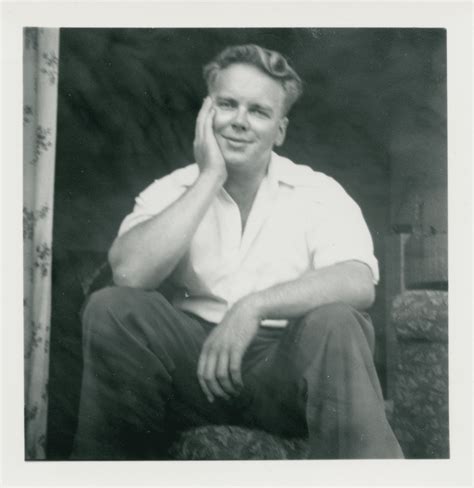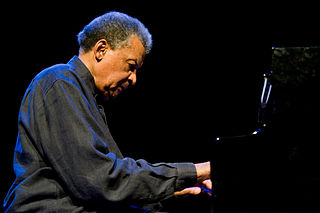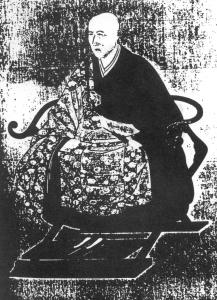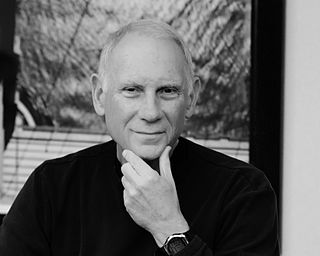A Quote by J. A. Baker
There is no mysterious essence we can call a 'place'. Place is change. It is motion killed by the mind, and preserved in the amber of memory.
Related Quotes
We have everywhere an absence of memory. Architects sometimes talk of building with context and continuity in mind, religious leaders call it tradition, social workers say it's a sense of community, but it is memory we have banished from our cities. We have speed and power, but no place. Travel, but no destination. Convenience, but no ease.
When a person does not think, "Where shall I put it?" the mind will extend throughout the entire body and move to any place at all. . . . The effort not to stop the mind in just one place - this is discipline. Not stopping the mind is object and essence. Put it nowhere and it will be everywhere. Even in moving the mind outside the body, if it is sent in one direction, it will be lacking in nine others. If the mind is not restricted to just one direction, it will be in all ten.
Here I shall add that the concept of change, and with it the concept of motion, as change of place, is possible only through and in the representation of time. & Motion, for example, presupposes the perception of something movable. But space considered in itself contains nothing movable; consequently motion must be something which is found in space only through experience -in other words, is an empirical datum.
You can call it tathata, suchness. 'Suchness' is a Buddhist way of expressing that there is something in you which always remains in its intrinsic nature, never changing. It always remains in its selfsame essence, eternally so. That is your real nature. That which changes is not you, that is mind. That which does not change in you is buddha-mind. You can call it no-mind, you can call it samadhi, satori. It depends upon you; you can give it whatsoever name you want. You can call it christ-consciousness.
These various forms appear different in shape and size, yet they are of a single essence. . . . The Sixth Patriarch called it "essence of Mind". . . Here the Third Patriarch calls it "timeless Self-essence." Bankei called it "unborn Buddha-mind." They all refer to the same thing: Buddha-nature, true self. This essence is not born and can never die. It exists eternally. Some call it energy; others call it spirit. But what is it? No one knows. Any concept we have of what it is can only be an analogy. . . .
For the elements have the property of moving back to their place in a straight line, but they have no properties which would cause them to remain where they are, or to move otherwise than in a straight line. The rectilinear motions of these four elements when returning to their original place are of two kinds, either centrifugal, viz., the motion of the air and the fire; or centripedal, viz., the motion of the earth, and the water; and when the elements have reached their original place, they remain at rest.
Different people call on [God] by different names: some as Allah, some as God, and others as Krishna, Siva, and Brahman. It is like the water in a lake. Some drink it at one place and call it 'jal', others at another place and call it 'pani', and still others at a third place and call it 'water'. The Hindus call it 'jal', the Christians 'water', and the Moslems 'pani'. But it is one and the same thing.


































